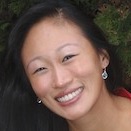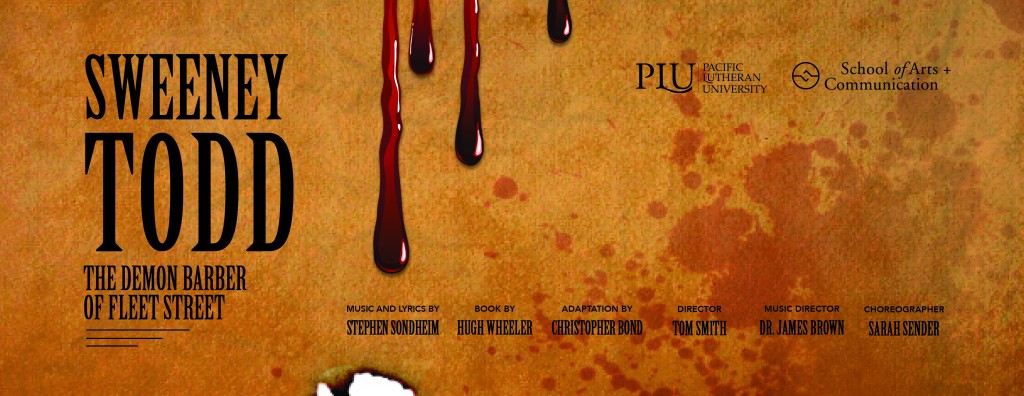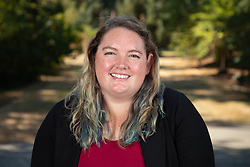Page 9 • (275 results in 0.042 seconds)
-

Student | Understanding the World Through Sports and Recreation | Margaret majored in Global Studies and Chinese Studies.
recreation including rock climbing and mountaineering. For five months in 2008-09 Margaret and Matt Kennedy were outdoor recreation guides in China. There they talked about Matt’s summer 2007 work in Uganda where he created, developed, and implemented the Empowerment Soccer Program in Namuwongo, an urban slum less than 2 miles from Uganda’s capital, Kampala. Their thoughts soon drifted toward going together to Uganda to grow the Empowerment Soccer Program. While cycling through Vietnam and Cambodia in
-

In this Tony-winning musical, Sweeney Todd returns to London after 15 years in prison on a trumped up charge. His wife is gone and his daughter has been adopted by the very Judge who imprisoned him. As Sweeney seeks justice, he partners with Nellie Lovett,…
corrupted upper-class society itself. In that regard, it is as much a story about social inequality as it is about a murderous barber.” Sweeney Todd runs March 14-16 at 7:30 p.m. and March 17 at 2 p.m. in Eastvold Auditorium of the Karen Hille Phillips Center for the Performing Arts. Tickets are available online at Eventbrite. $10 – General admission $5 – 60+, military, alumni and students free – 18 and younger Read Previous Upcoming Student Series Production, Blood Wedding Read Next Dance 2019
-

Following a competitive national search, Pacific Lutheran University officials have announced that Rhoberta Haley, Ph.D., R.N., will serve as the dean of the university’s School of Nursing. “We are extremely excited to be joined by Dr. Rhoberta Haley given her leadership and more than three…
campus president. Haley’s extensive background as a faculty member, scholar, and administrator reflects a commitment to inclusive excellence. “Dr. Haley’s profound understanding of the social determinants of economic inequality and health disparities, coupled with her advocacy for broader educational access, underscores her dedication to fostering equitable healthcare practices,” said Ward. “Additionally, her expertise extends to successful involvement in grant-funded projects.” “My passion is to
-

In this Tony-winning musical, Sweeney Todd returns to London after 15 years in prison on a trumped up charge. His wife is gone and his daughter has been adopted by the very Judge who imprisoned him. As Sweeney seeks justice, he partners with Nellie Lovett,…
corrupted upper-class society itself. In that regard, it is as much a story about social inequality as it is about a murderous barber.” Sweeney Todd runs March 14-16 at 7:30 p.m. and March 17 at 2 p.m. in Eastvold Auditorium of the Karen Hille Phillips Center for the Performing Arts. Tickets are available online at Eventbrite. $10 – General admission $5 – 60+, military, alumni and students free – 18 and younger Read Previous Upcoming Student Series Production, Blood Wedding Read Next Dance 2019
-
News for Pacific Lutheran University.
Chem. Seminar: Joel Baker, Monday, March 14th Monday, March 14, 2016 12:30 P.M. – 1:35 P.M. Morken 103 THIS JUST GOT A WHOLE LOT EASIER… ENVIRONMENTAL CHEMISTRY DURING A MASS SPECTROMETRY REVOLUTION Joel E. Baker Port of Tacoma Chair of Environmental Science, University of Washington, Tacoma Science Director, Center for Urban March 11, 2016
-
School and district leaders have complex jobs. An Ed.D. at PLU offers the following: Cohesive and targeted professional development to advance your knowledge and skill.
Washington School Principals (AWSP). Turnover or churn in the school leader ranks was an epidemic before the pandemic. Churn in school leadership has a negative impact on students, teachers, schools, and communities. Again, this churn was alarming and concerning before the Covid 19 pandemic. Even more alarming is that our schools and districts with the greatest needs–high poverty, urban and rural districts– are churning school leaders at twice the rate. Turnover is a significant equity issue in the
-
Below are links to Mortvedt Library or open web materials by panelists and PLU faculty participating in the Wang Center 2022 symposium, HEALING: PATHWAYS FOR RESTORATION AND RENEWAL. Panelists: Eamonn Baker Video interview with Eamon Baker who gives an account of his experience on Bloody Sunday (January 30, 1972); the impact this had on his...
Suh accessible from the Mortvedt Library website. Rachel Wax An article that mentions the Urban Youth Trauma Center is accessible from the Mortvedt Library website. PLU Faculty: Suzanne Crawford O’Brien Books and articles by Suzanne Crawford O’Brien , accessible from the Mortvedt Library website or book shelves. Denise Glover Articles by Denise Glover, accessible from the Mortvedt Library website. Brenda Ihssen Book chapters and articles by Brenda Ihssen, accessible from the Mortvedt Library
-

Assistant Professor | School of Nursing | mcfaddsm@plu.edu | 253-535-7510 | Dr.
vaccine among Black, Hispanic, and undocumented immigrant communities: A review, Journal of Urban Health, in press. Commissioners of the Lancet Commission on Vaccine Refusal, Acceptance, and Demand in the USA. (2021). Promoting COVID-19 vaccine acceptance: Recommendations from the Lancet Commission on Vaccine Refusal, Acceptance and Demand in the United States. The Lancet, 2021 Nov 15:S0140-6736. doi: 10.1016/S0140-6736(21)02507-1 AlKetbi, L., Elharake, J. A., Memari, S. A., Mazrouei, S. A., Shehhi, B
-
Graduation Year: 2013 Location: Santiago, Chile Project Title: Confronting Neoliberalism and Creating Spaces of Transformation through the Chilean Students Movement: FAU “en toma” 2011
Chile’s school of architecture, urban studies, and geography. Through interviewing thirteen students and a professor, I found that in addition to mobilizing to universalize access to education by redefining it as a social right, students have appropriated their campuses as a way of questioning the production of knowledge. Inspired by Paulo Freire, students are asking what do we learn, how, and why? They desire to build a critical pedagogy that converts education from a method of reproducing the status
-
Fireside Chat with PLU Alumna Suzy Levy, ’99, and Author of Mind the Inclusion Gap: how allies can bridge the divide between talking diversity and taking action Tuesday, October 1, 2024 12 noon – 1pm Pacific time Register for Zoom details We live in a wonderfully diverse and increasingly connected world. With that rise in...
we lean into uncomfortable conversations, with sufficient fluency that we don’t cause offence…Expectations that we act, instead of simply walking by inequality. While most of us are curious about diversity, and some would go so far as to call ourselves allies, very few of us are skilled in inclusion. Instead, we double down on being nice and hope it will be enough. In the absence of skills in this space, we allow our moral compasses and our instinct toward kindness to ground us. But these very
Do you have any feedback for us? If so, feel free to use our Feedback Form.


